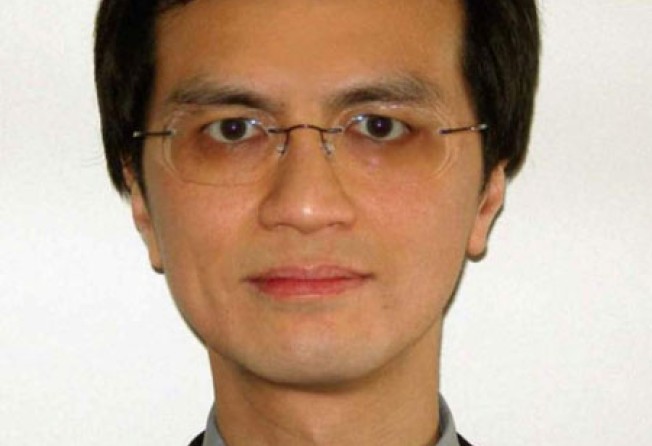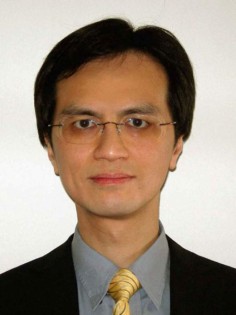
Institute boss urged to give up advisory roles
Top researcher also says he will quit think tank which ranks cities as it 'appears dishonest'

The chief of a Hong Kong-based think tank is facing a call from one of his top researchers to stop taking up official advisory roles on the mainland because of potential conflict of interest.

But institute vice-chairman Raymond Tse Yin-ching defended the activities of his chief, Gui Qiangfang, saying the think tank's credibility remained "untarnished" as it conducted its annual survey of cities in a "cautious" manner. Gui was on the mainland yesterday and could not be reached for comment.
It was revealed earlier that other than his unpaid research role with the think tank, Gui is also a director of five local companies, including listed firm Hong Kong Life Sciences and Technologies Group, property firm Kei Yan and an investment consultancy. Gui also heads a "world air stewardess association" and a commerce body and is a government adviser to 13 mainland cities. He lives in a HK$22.1 million flat in West Kowloon which he bought in 2007.
On Monday, Cable TV reported that his institute named Jinhua in Zhejiang province as China's best city for "harmonious development" since 2009 - the year that the institute was commissioned by Jinhua's government to conduct research on its Taoist culture.

Ordos , Inner Mongolia, infamously dubbed "China's largest ghost town" for its failed urban planning, was also in the top five most competitive cities for investment last year - four years after Gui was hired as its government adviser. Since 2008, Gui has travelled to Jinhua, Ordos and 14 other mainland cities to present plaques to municipal leaders recognising their ranking on the institute's indices.
Chau said the Jinhua case was "an obvious example of conflict of interest". "[As an academic] you must avoid suspicion," Chau said, adding he would quit his job as a researcher because the institute "appeared dishonest".
But Tse said the survey was credible as it was carefully done. According to the institute's 2007 report, its competitiveness index was formulated by combining 10 categories of 277 economic, social, environment and cultural indicators. The data came from national or municipal authorities and a "countrywide" survey of at least 55,000 people, Tse said.